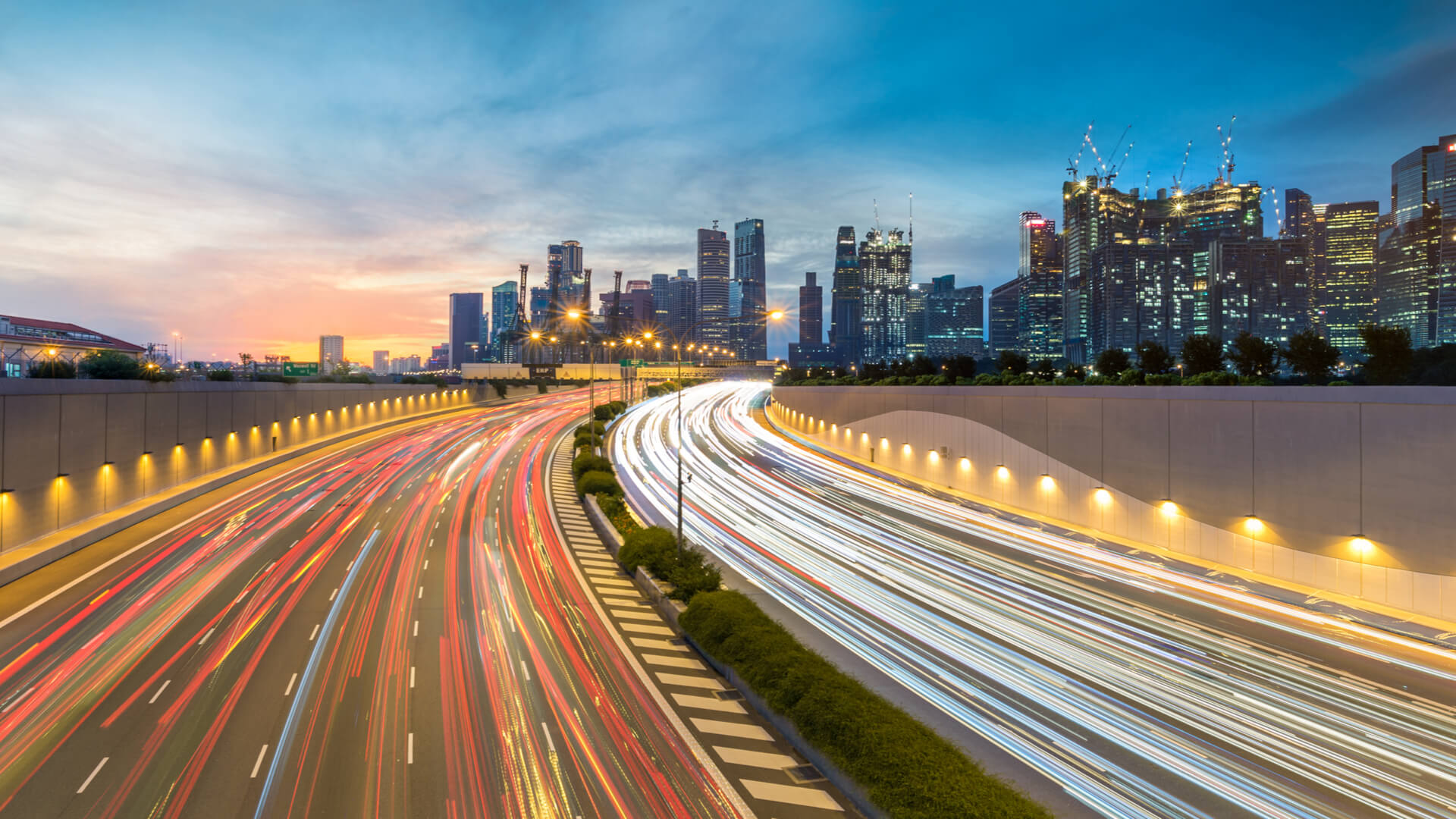The Language Barrier in Singapore
There are four official languages in Singapore; Malay, Mandarin, Tamil, and English. An expat’s life in Singapore is made significantly easier by the fact that the English language is very common among locals. Although not everyone will be fluent, you should be able to find someone nearby who will help you translate if necessary. In everyday life you will also likely come across ‘Singlish’, a colloquial version of English blended with Singaporean slang.
Weather & Climate
The city-state of Singapore is located just north of the equator, meaning that all those living there will experience the tropical climate. Throughout the year temperatures remain consistent, averaging between 24°C and 32°C. Many expats find that their opinion of rain differs significantly while living in Singapore, as it’s often a welcome respite from the heat of the sun. Singapore also experiences thunderstorms on 40% of all days throughout the year.
Although there are no distinctive seasons, like spring and winter, residents are affected by two monsoon seasons. The northeast monsoon season will affect those who live in Singapore between December and March, whereas the southwest monsoon will provide a drier climate between June and August. You should also be prepared for sudden short bursts of heavy rain in between the two monsoon seasons.
British Embassy in Singapore
| Address: | British High Commission Singapore 100 Tanglin Road Singapore 247919 |
| Phone: | (+65) 6424 4200 |
| Website: | https://www.gov.uk/world/organisations/british-high-commission-singapore |
| Office Hours: | Local Time Mon-Fri: 08:30 – 17:00 |
Emergency Services Contact Information in Singapore
| Emergency Service | Contact Number |
| Police Service | 999 |
| Emergency Ambulance and Fire Service | 995 |
Health in Singapore
Anyone visiting Singapore should visit a GP no later than 8 weeks before departure to find out what, if any, vaccinations they should receive. In addition to MMR and/or Tetanus top-ups, you may be recommended Hepatitis A and Hepatitis B injections if you are considered at risk. In addition to this, anyone over the age of 1 seeking to enter Singapore from – or via – a country that has a Yellow fever risk will be asked to present a Yellow fever vaccination certificate.
Singapore has one of the healthiest populations in the world. People that live in Singapore benefit from long life expectancy reaching on average 82 and 88, males and females respectively. This is one of the highest life expectancy rates in the world. The general health of the population is also better than most other countries.
Singapore is home to some of the best medical professionals in the whole of Asia, many of whom are trained and have practised internationally in some of the best facilities in the world. Unfortunately services like MediCare and MediShield are only available to Singapore nationals and permanent residents.
Those looking to start living in Singapore should obtain good health insurance. Unless you become a permanent resident of the country, you will not qualify for the country’s world leading healthcare system. Although most medical procedures are significantly more affordable than in other countries, like the US, total costs can still add up. Many expats consider getting health insurance policies to cover inpatient costs, as outpatient services are fairly affordable.
Driving In Singapore
Singapore is another one of the handful of countries in Asia that drive on the left, making it a little easier to adjust to life in Singapore. Driving in Singapore is made significantly better by the state’s investment in the country’s infrastructure, part of which includes their highly effective public transport service. Many residents and expats take full advantage of this.
UK driving licences and International Driving Permits (IDP) are recognised as valid driving documents for up to a year after you begin living in Singapore.
Getting your Singapore Driving Licence
After a year of living in Singapore, you will need to get your driving licence transferred to a local Singapore one. In order to do this, you will need to complete a theory test to prove that you are familiar with Singapore highway laws.
To obtain a Singapore driving licence you will need to visit the Traffic Police Department in person. You should take the following with you:
- Your Passport
- Your Singapore Basic Driving Theory test pass certificate
- Your UK driver’s licence
- Your certification from the licensing authority of the date of the test
- Passport photo, white background (recommended to bring a spare)
Legal Requirements
The legal minimum driving age in Singapore is 18.
The authorities in Singapore are very strict on crimes including minor ones like littering or spitting in public. It is recommended that you and your family familiarise yourselves with the local laws before starting a life in Singapore.
The laws for drink driving are heavily enforced in Singapore and should be known by anyone living there. The legal Blood Alcohol Content (BAC) limit for drink driving is 0.7 – if your BAC is found to be above this you will be penalised for driving under the influence. If you are below this, but involved in an accident, you may still be charged with drink driving. If you are found drink driving you could risk the following penalties:
| Number of offences committed | Fine | Prison Sentence Duration |
| 1 | $2,000 – $10,000 | Up to 12 months |
| 2 | $5,000 – $20,000 | Up to 24 months |


